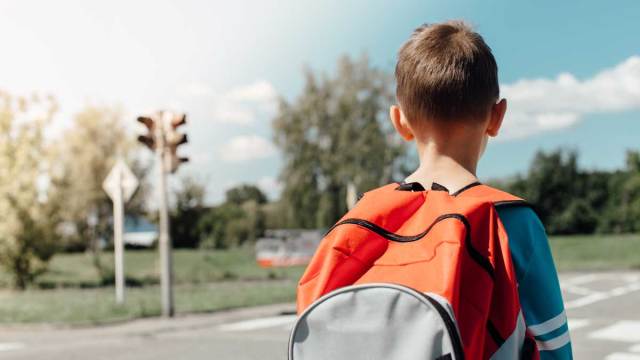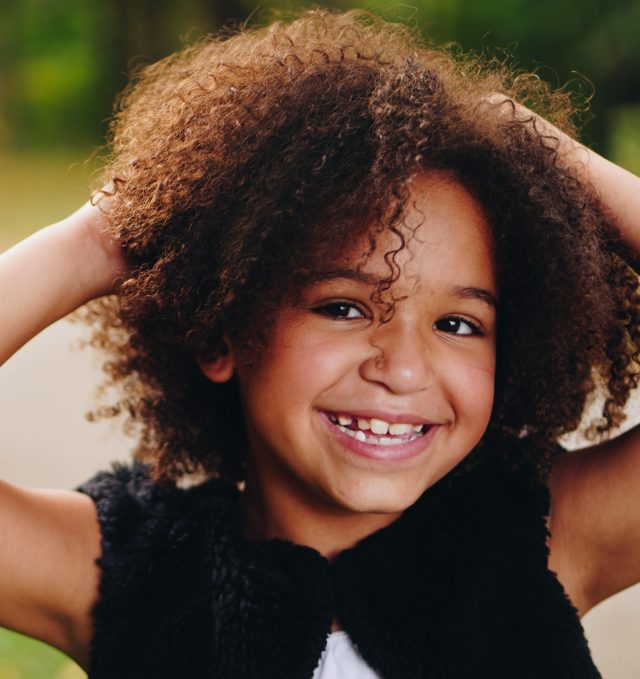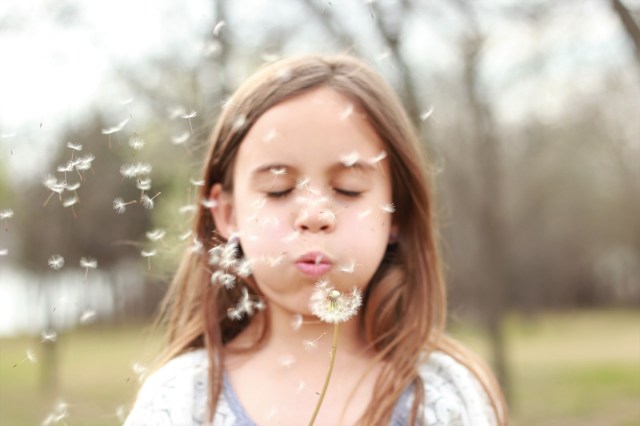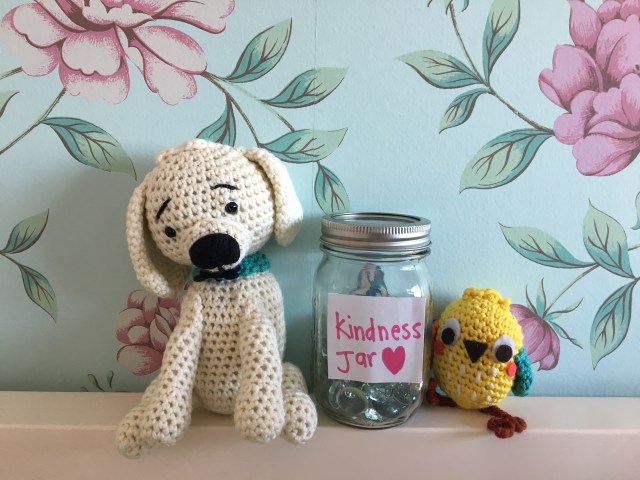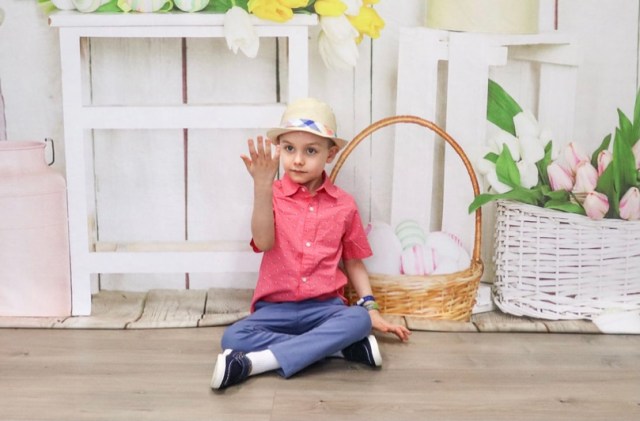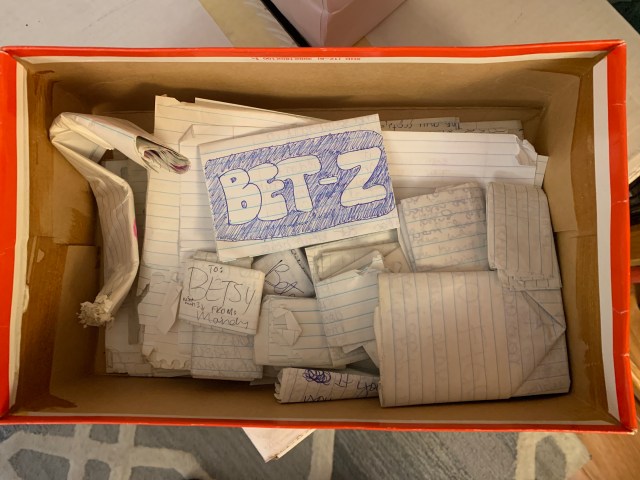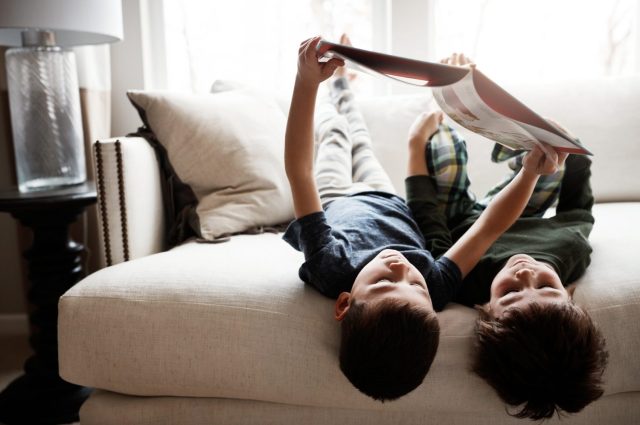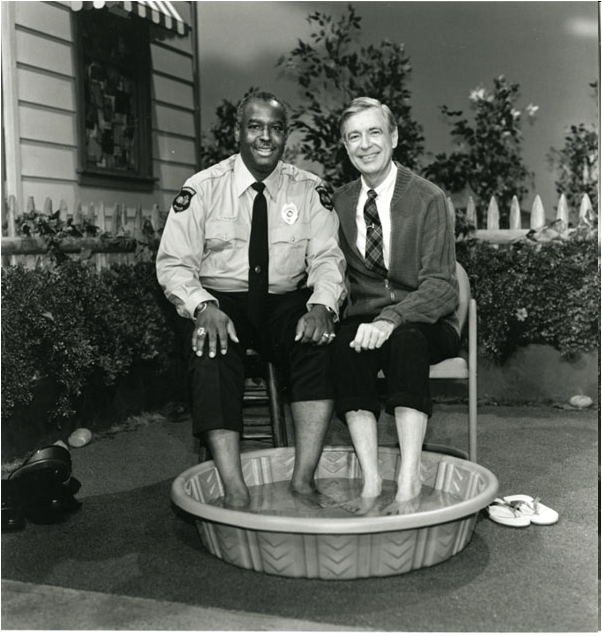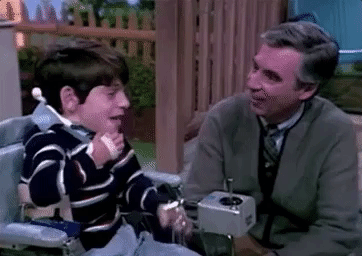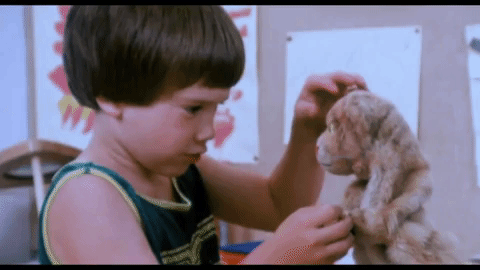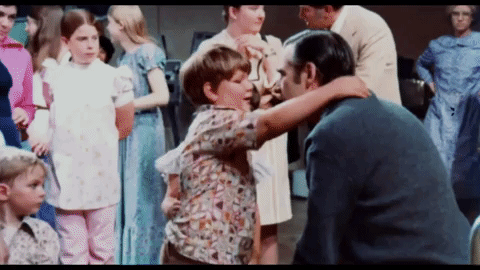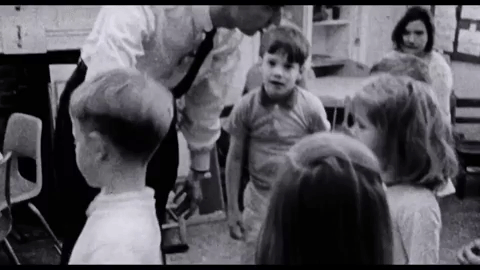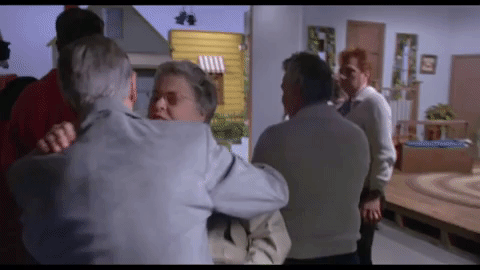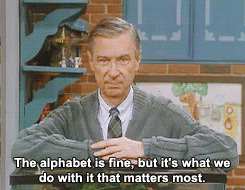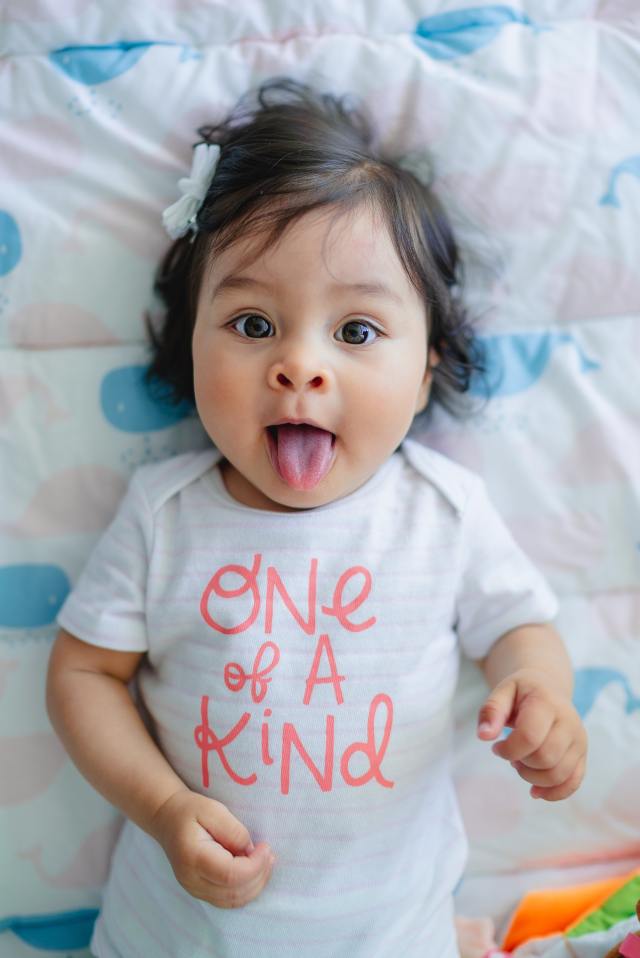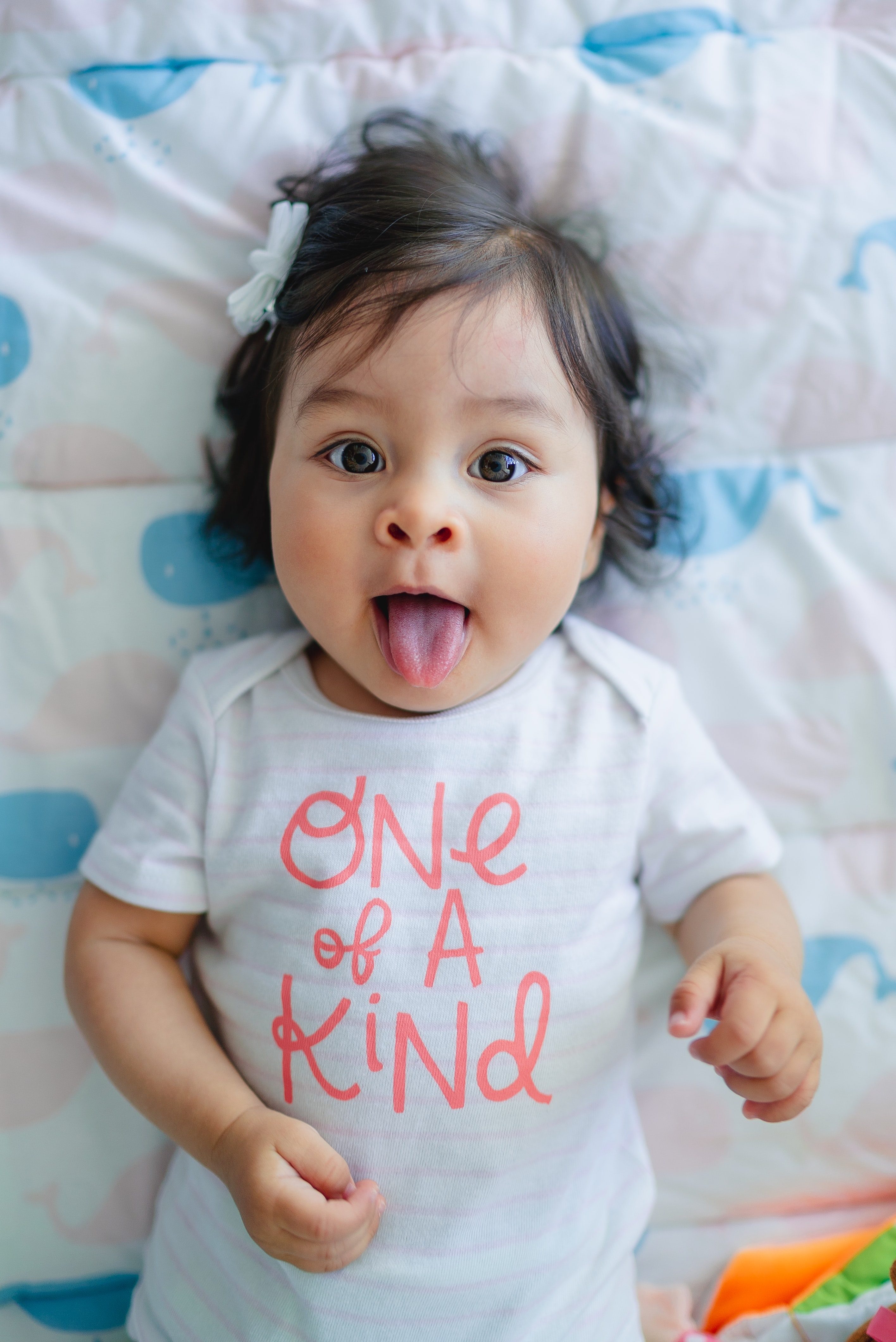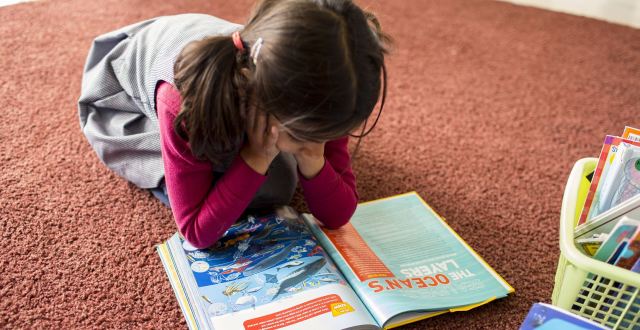Wedged between homework and fundraising forms in the kindergarten folder was a letter to parents: It advised us of an upcoming active shooter response drill. Words like armed intruder spread across sentences on school letterhead detailing the session for students. The following week, stuffed between readers, handwriting and math practice papers was a new note addressing the tragedy at the Tree of Life Synagogue, outlining activities the children would participate in to honor first responders and victims of the tragic event.
I found myself staring at the school papers, formulating a dialogue in my mind. A conversation difficult for adults alone, but now necessary to have with my daughter.
We cover things quickly—I’m lucky to get this five-year-old to sit and focus for just a few minutes. We discuss the ALICE acronym (alert, lockdown, inform, counter, evacuate), and she tells me what she’s responsible for during the event of an active shooting: “We run and hide, throw things at the bad guy and get out.” My stomach turns. Our local police officers equipped with firearms were unable to fully protect themselves from bullets sprayed by the shooter who injured and killed innocent people near Mr. Rogers’ real-life neighborhood—a tight-knit community located across a few steel bridges from us.
This talk is tough. I let her take the lead and let me know what she learned, chiming in with my own what would you do scenario. The most important element I ask my child to take away from our conversation is to always be aware of your surroundings. This message I will ingrain in her mind every time we arrive in a public place. “Look for exits and identify a quick and easy way out in case of emergency. Be aware of where you’re sitting, and if possible, never have your back to the main entrance.” Unsettling, right?
Our conversation isn’t long. She wants a snack and some crayons to color, bored by my big words and requests to repeat after me.
Hearts are heavy, and it’s hard not to notice the sadness surrounding the city of Pittsburgh. I’m shaken knowing my little girl is at school, bowing her head on the playground in a moment of silence. I’m unsure if she fully understands what is going on—reoccurring acts of gun violence are forcing her to grow up too soon.
Our children are being trained to defend themselves. The ALICE acronym is now as important as the ABCs. Our little ones are learning survival skills to run, hide and fight for their lives because dangerous people are hurting others with automatic weapons laws protect.
No matter how much we are divided on politics and personal rights, it’s small acts of kindness that cement us. Writing thank-you notes to first responders, delivering sympathy cards to family members grieving lost ones and donating blood to victims of gun violence show we love and support one another and the communities we live in. For those taking a stand against the evil of intolerance and hate growing around us at an alarming rate, I cannot help but think of Pat Benatar’s song “Invincible.” The battle cry chorus reminds me of every one of us echoing we are #StrongerThanHate.
“We can’t afford to be innocent / Stand up and face the enemy / It’s a do or die situation / We will be invincible.”
Originally published Nov. 2018.
